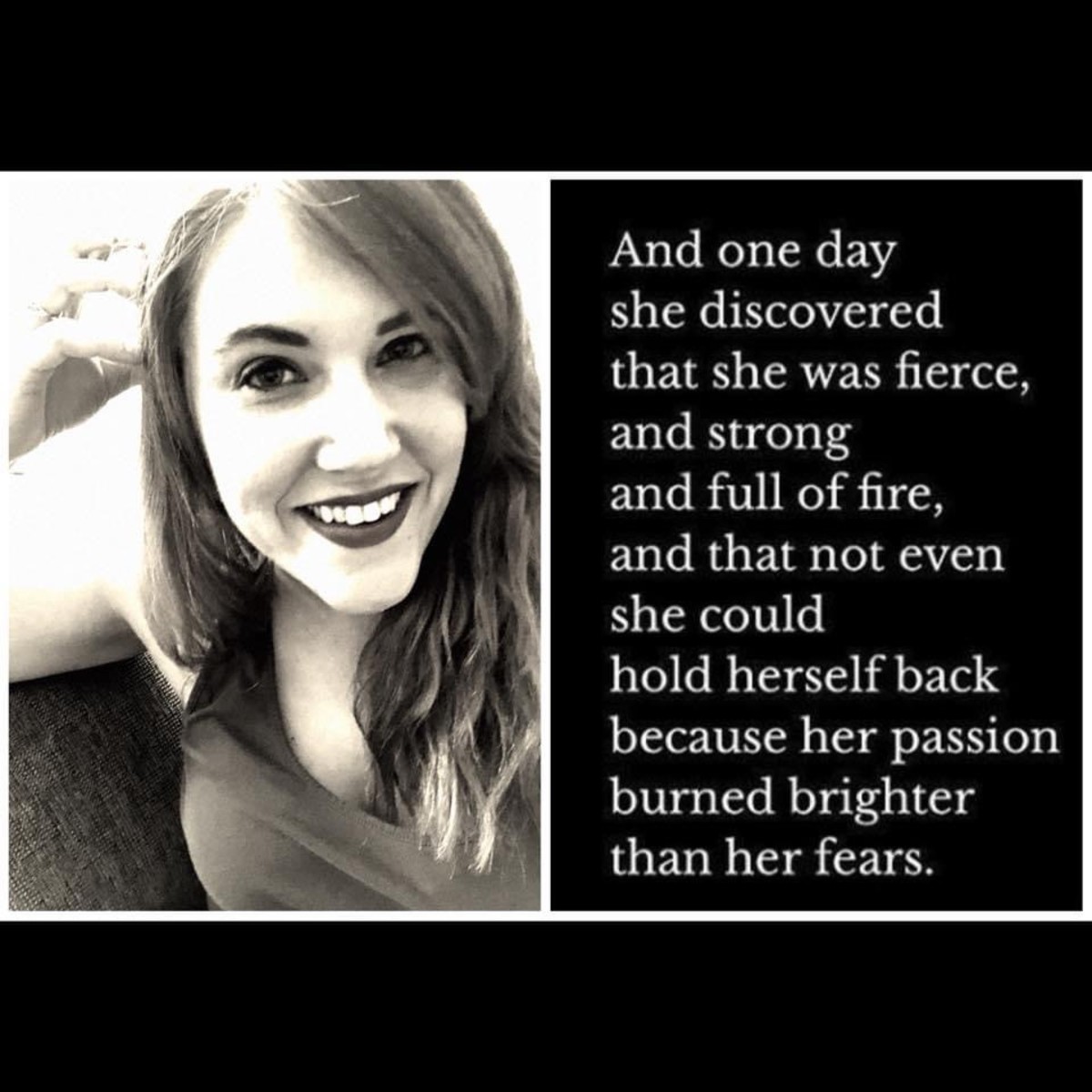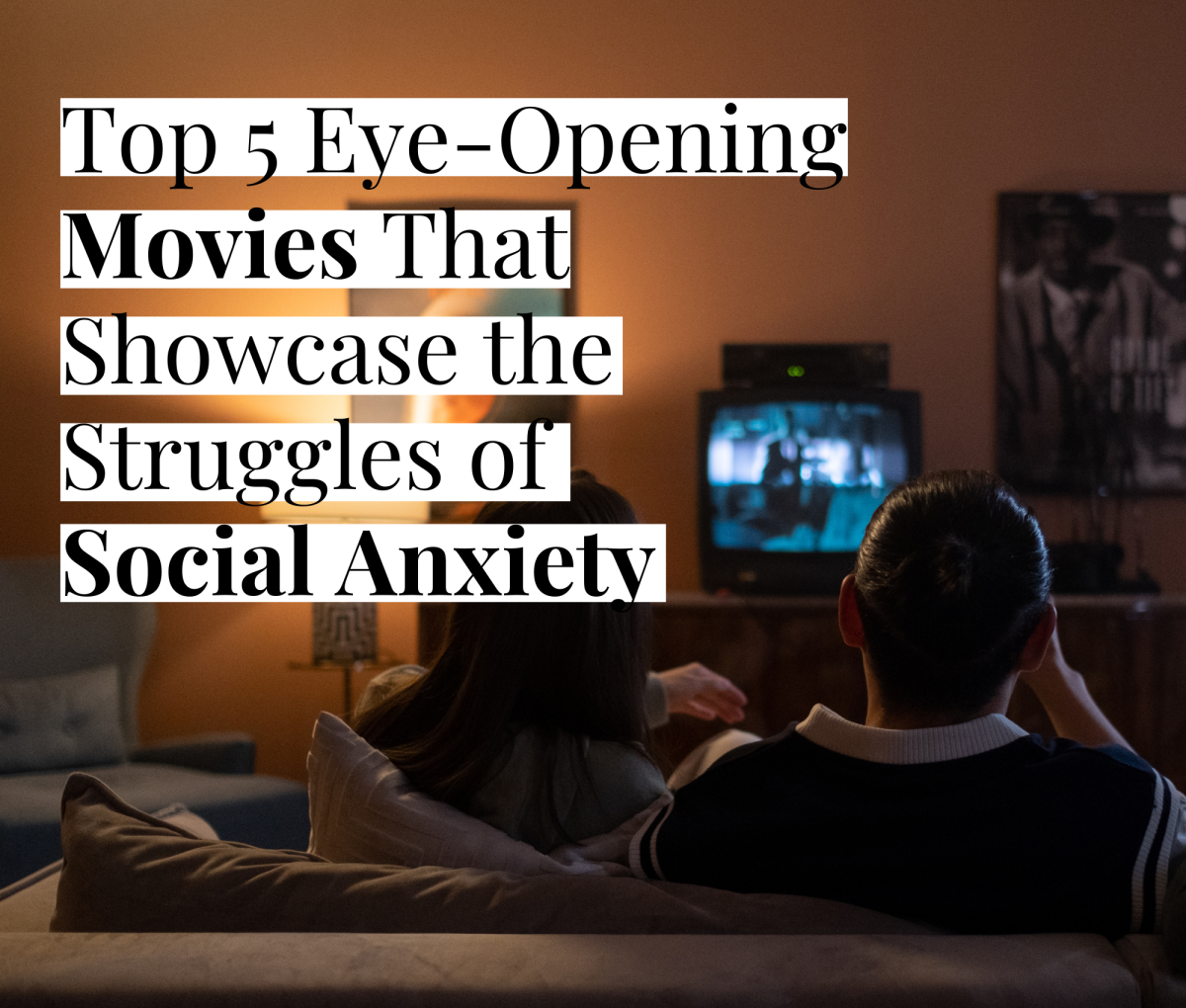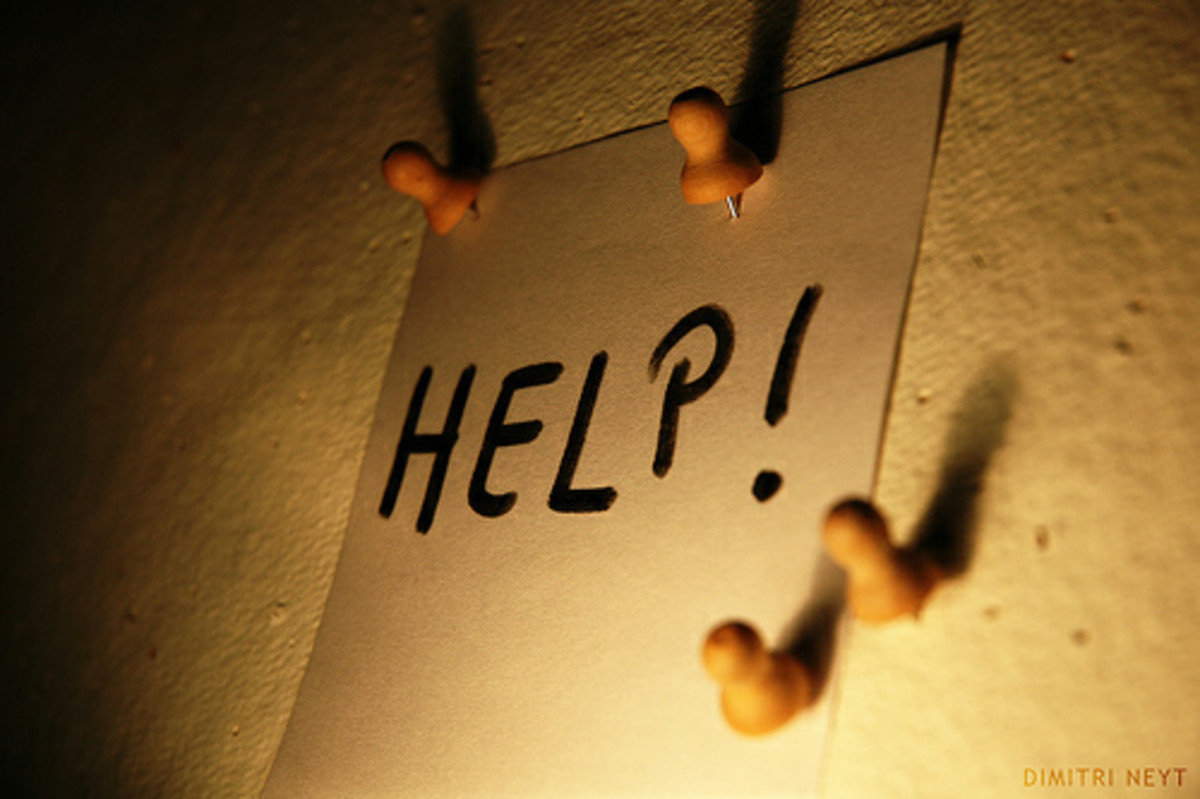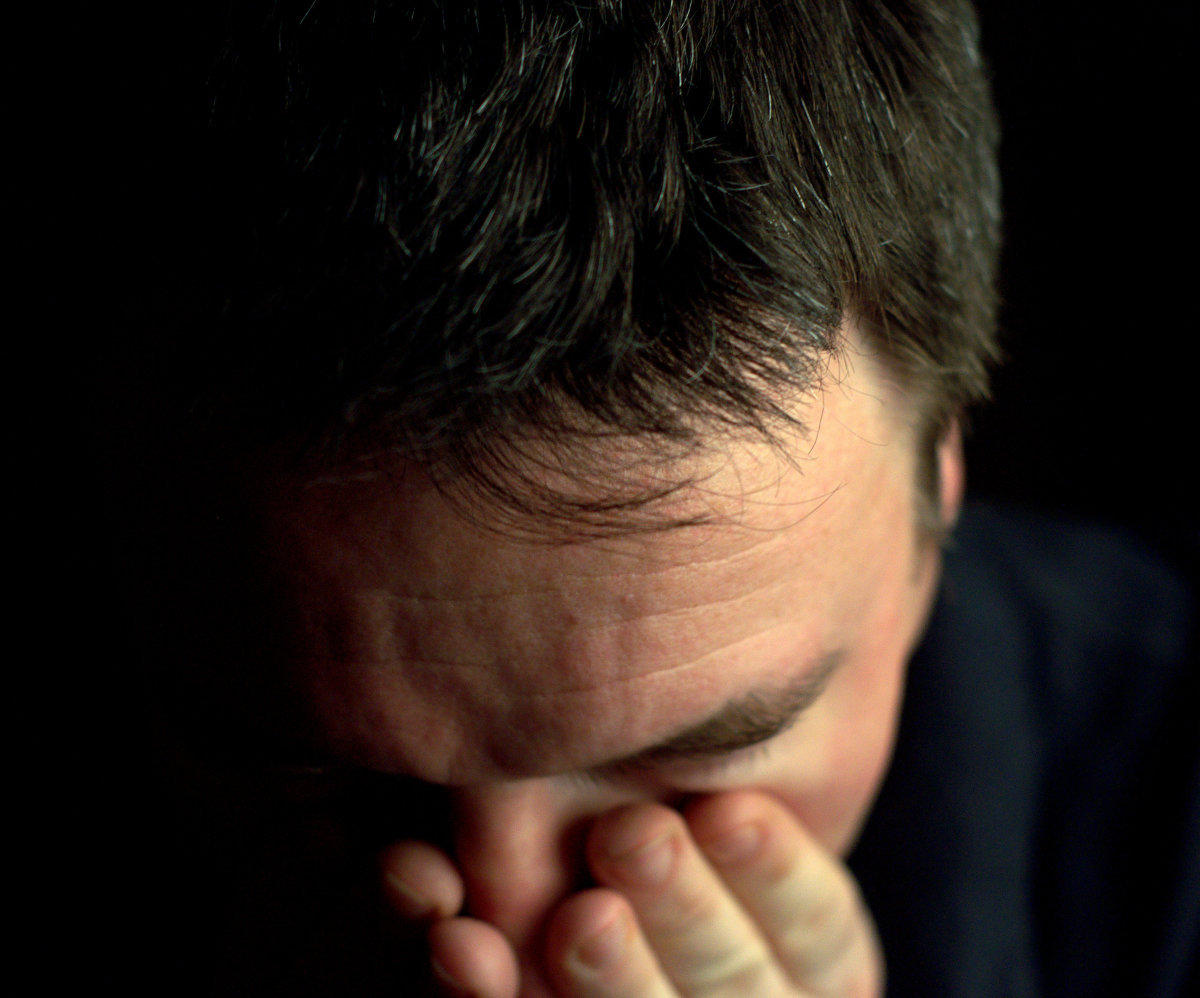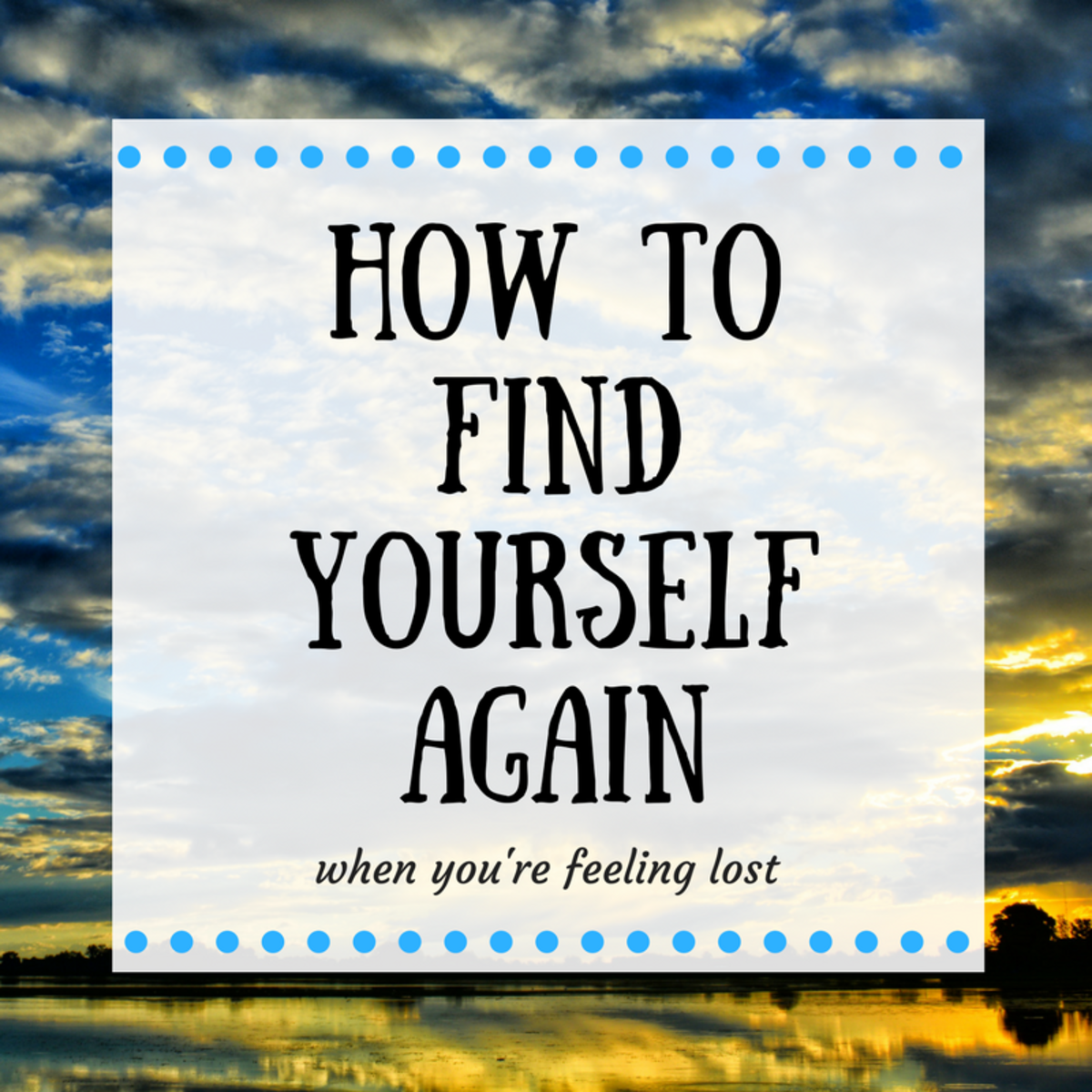#BellLetsTalk Day: Still More To Do For Mental Health
It Is Important, So Listen To Each Other - And Yourself
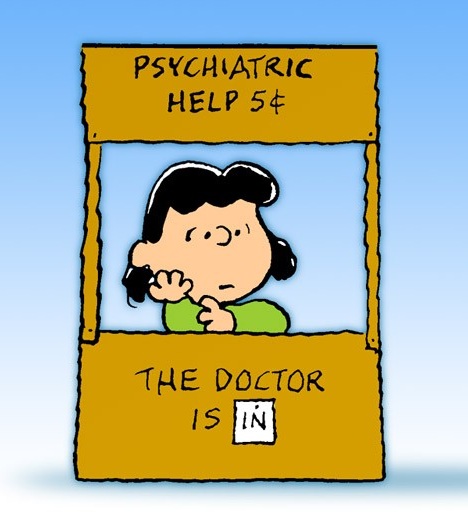
Let's Keep The Conversation Around Mental Health Going
No matter who you are or your social or financial status, #mentalhealthmatters.
There is definitely a greater understanding now about the impact of mental health on an individual's general well being than there was even five years ago, but there are still those who think if you just smile or think positively, your mental health will improve. While that's not entirely inaccurate, it's important to realize that there is no one cure-all for a mental health issue.
It's not just a matter of not thinking about whatever might be causing the depression or anxiety, for instance. While vitamins can help in some instances and can be good for your overall health in the first place, taking supplements is not the only answer. It's not just a matter of being in "a mood," either.
Mental health challenges are real, and it's time everyone acknowledges that.
Mental health challenges aren't just about moody, hormonal teenagers, either. They can affect anyone and everyone, from the person about to retire to the military veteran struggling with PTSD. We can't take a global approach to each mental health condition, either.
For instance, consider anxiety, which appears to be occurring on an increasing basis if I was to simply examine the anecdotal evidence I see regularly as a high school teacher. I deal with anxiety daily. My daughter has general anxiety disorder. While we share the same genetics, her anxiety and mine do not present in the same way. I generally have to burn off the extra energy I feel as a result of my anxiety while her anxiety presents itself as feeling edgy and indecisive.
I am no doctor, but I would imagine it's much the same story for every person dealing with anxiety, depression, bipolar disorder, or any other mental health condition; no two situations of people dealing with mental health challenges are the same, and therefore should be handled differently but with dignity and respect. Avoiding the situation won't make it go away, and that's still part of the challenge we face in dealing with our mental health; we simply won't or believe we can't talk about it.
The problem is that there are those who believe a mental health challenge, because it is unseen, is either faked or simply a function of mood. While there are mood disorders and these should definitely be taken seriously, having a mental health condition is not simply a matter of feeling down or feeling nervous. It's as real as a broken toe and often just as painful. There may be no real known cause that you can pinpoint, and sometimes, it's just a matter of one's own biochemistry being somehow "off" to the point where someone might require medication on a regular basis to feel what they consider to be "right" again.
While there are a significant number of individuals who understand that mental health conditions are real and should be taken seriously, there is still work to be done. There are, for instance, kids who are struggling with their own mental health but their parents may not necessarily believe the condition exists due to various core beliefs. There are adults who may not want to acknowledge they are struggling with their mental health because they might believe there's some sort of shame or stigma in having to deal with a mental health condition.
There are still those with a mental health condition who are stigmatized for it, and that should not happen. The fact that it does means there is still a whole lot of work to be done to make it better so that those who are dealing with mental health conditions can feel safe in disclosing them and in seeking treatment.
Having a mental health challenge or condition is not a matter of weakness, as some might think. Disclosing that you are dealing with a very real health concern is, in fact, one of the strongest things you can do. As we get older, it seems to become increasingly difficult to ask for help when you're struggling, perhaps because we somehow believe that we shouldn't need help - that we're now an adult and therefore should have the answers about how to continue coping when in reality, we can't.
We need to keep talking about mental health conditions and how to support those who live with mental health conditions. There is no shame in disclosing that you deal with a mental health condition; we need to help more people talk about it, that there is hope, and that they are not alone.

